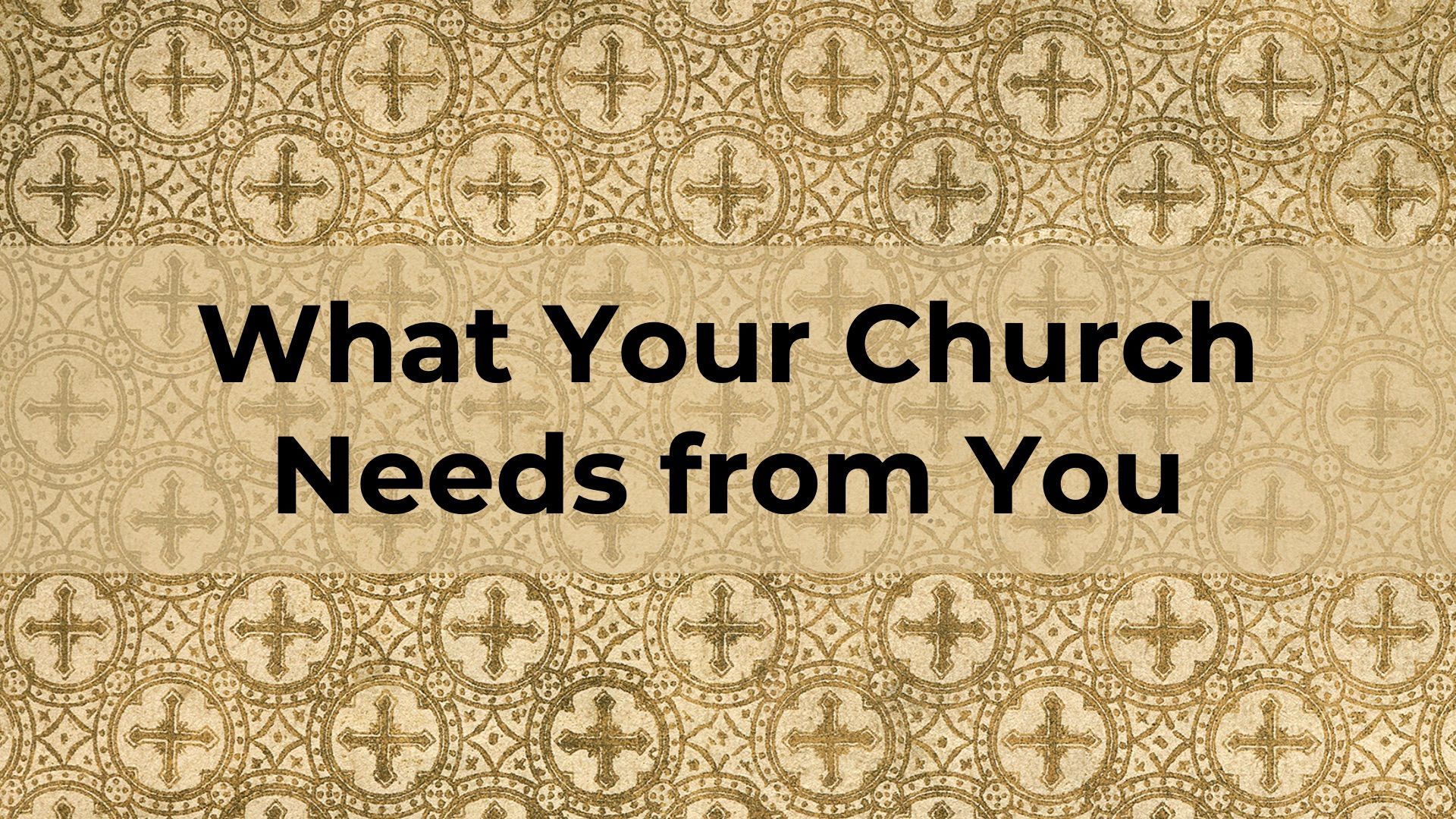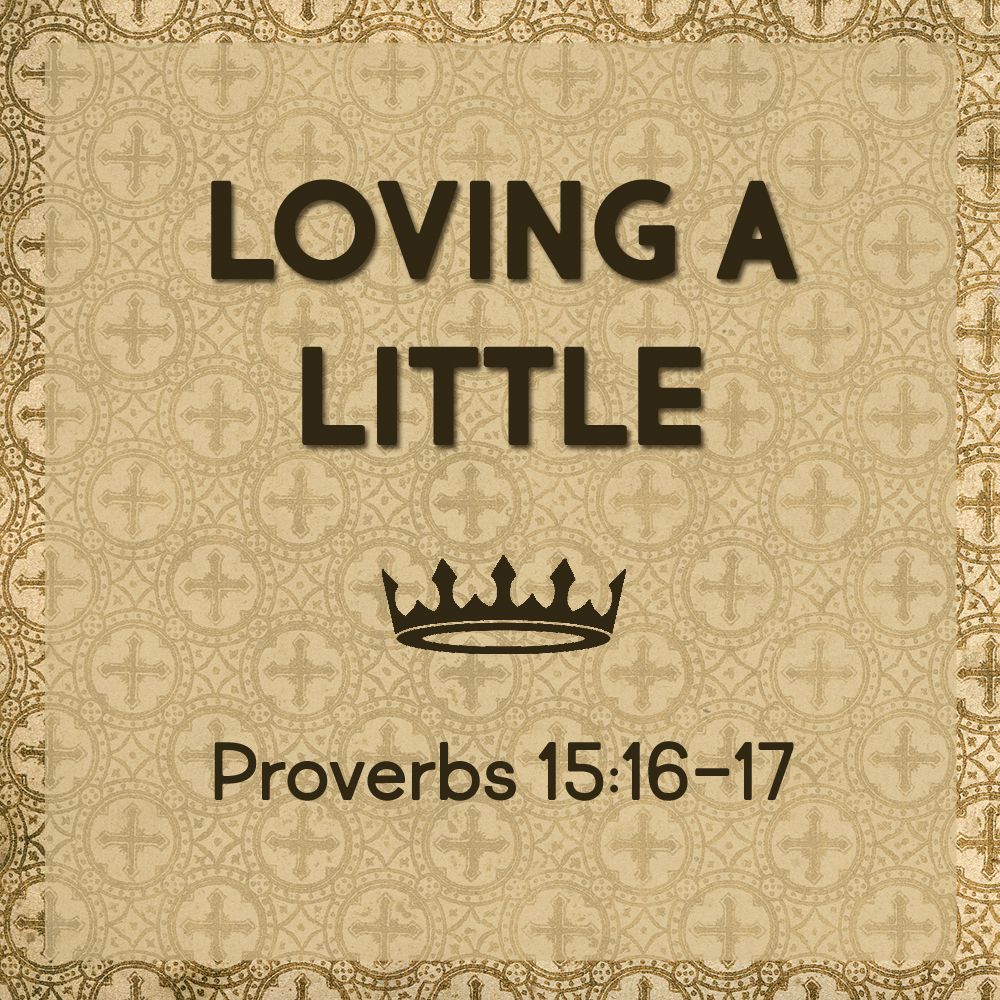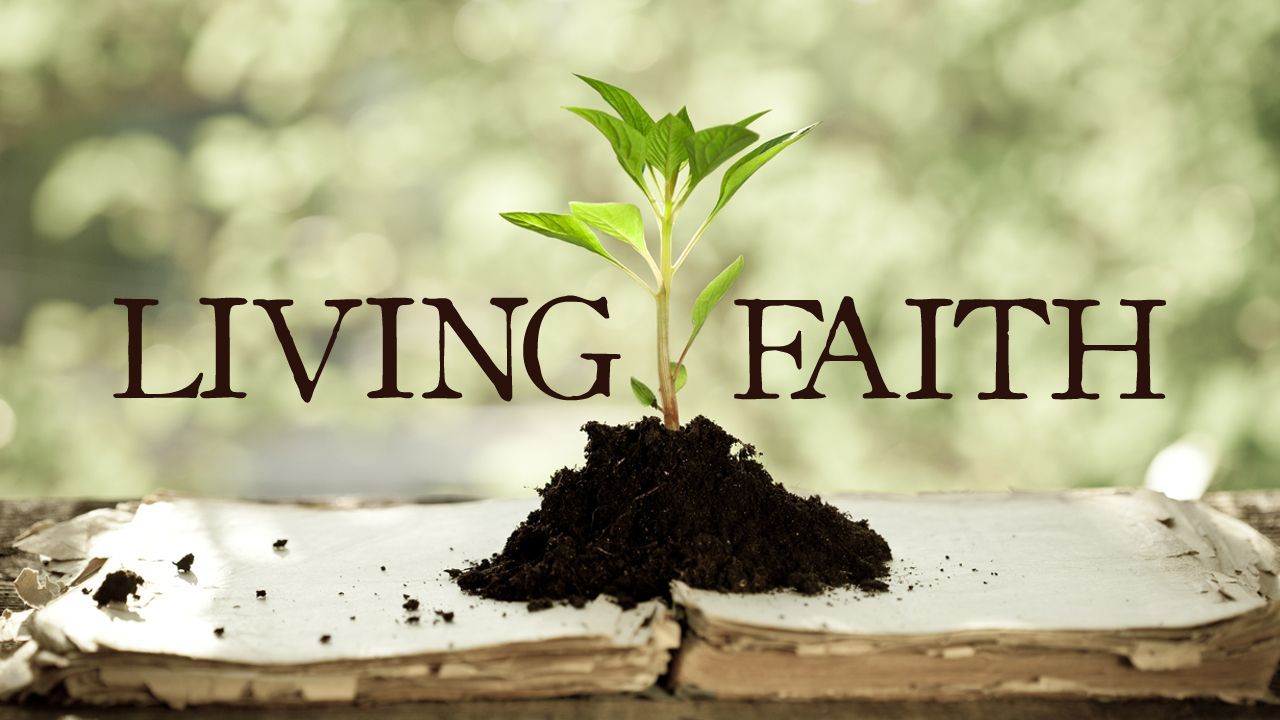Politics and Religion
Everyone of a certain age is familiar with the old America adage: “Never discuss politics or religion in polite company.” Even before the hotly divided cultural climate in which we find ourselves today, it was long recognized that the topics of politics and religion can quickly stir people’s passions in a way that threatens civil discourse. However, what is often missed in our day is the way the categories of “politics” and “religion” have morphed to the point of consuming nearly every topic of discussion.
Throughout most of American history, in any part of society that would have been the least bit concerned with these rules of etiquette, avoiding the topic of “religion” would have primarily meant avoiding the matters that divide Protestants denominations from one another and from the Roman Catholic Church, not the avoidance of broader matters of spirituality or morality.
What changed? While the vast majority of Americans have always identified as theists (still greater than 75%), the religion of secular humanism has successfully taken control of most of our institutions (education, media, entertainment) with the direct aim of eliminating all “God talk” from the polite company of public discourse.
As for what makes something “political,” that has really been a matter of what divides the dominant political parties in America. However, for the first 200 years, that did not include the most hotly debated ethical matters of our day, but merely differences over the ideal role of the government with regard to the economy, taxation, defense, policing, education, healthcare, and the like. For example, looking at the Republican and Democratic party platforms of the past, the topic of abortion did not appear until 1976, “sexual orientation” in 1980, “same-sex marriage” in 1992, and “gender identity” in 2008.
Should a previously
apolitical issue suddenly become “political” just because a political party suddenly takes a position that is in opposition to God’s clearly revealed design for human flourishing? Regardless of what the godless elites deem to be appropriate public discourse, followers of Christ must never cease to be salt and light.
- “You are the salt of the earth, but if salt has lost its taste, how shall its saltiness be restored? It is no longer good for anything except to be thrown out and trampled under people's feet. You are the light of the world. A city set on a hill cannot be hidden. Nor do people light a lamp and put it under a basket, but on a stand, and it gives light to all in the house. In the same way, let your light shine before others, so that they may see your good works and give glory to your Father who is in heaven." (Matthew 5:13-16)
Blessings in Christ,
Pastor Evan



